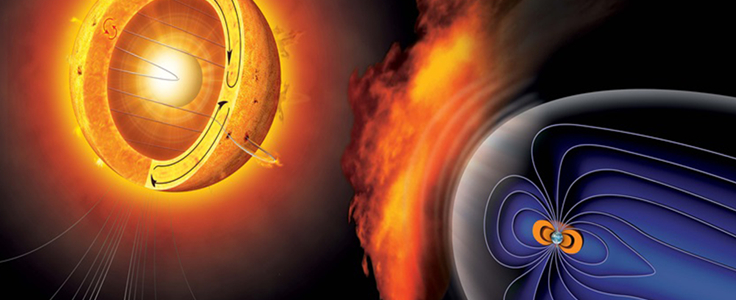
A new international aviation space weather service has begun providing real-time space weather information for commercial and general aviation, the International Civil Aviation Organization (ICAO) says.
In a statement issued earlier this week, ICAO said that the service, which began Nov. 7, is disseminating information gathered through existing space weather centers and two new regional space weather detection services expected to be established within three years. All of the centers will focus on solar events that can affect radiation levels in civilian aircraft as well as high frequency communications and navigation and surveillance services that rely on the Global Navigation Satellite System, ICAO said.
The existing centers include the ACFJ consortium of Australia, Canada, France and Japan; the PECASUS consortium of Austria, Belgium, Cyprus, Finland, Germany, Italy, Netherlands, Poland and the United Kingdom; and a U.S. center. The new centers, which are scheduled to open by November 2022, will be operated by China and the Russian Federation, and by South Africa.
“This new capability will permit flight crew and flight operations experts to make use of the most updated information possible on any solar events, which could potentially impact aircraft systems or passenger health,” ICAO Secretary General Fang Liu said.
ICAO added that two types of solar events present risks to aviation safety.
One type involves large solar flares and coronal mass ejections (CMEs), which can result in magnetic storms that can endanger operations of satellites and aircraft — and other systems that use electromagnetic waves. The other type involves streams of solar particles released by CMEs that can increase radiation levels into the atmosphere, often at aircraft cruising altitudes.
The space weather network is providing advisories directly to aircraft operators and flight crews as part of their standard meteorological information, and to other facilities, including area control centers, flight information centers, airport meteorological offices, international NOTAM (notices to airmen) offices and aeronautical Internet-based services, ICAO said.
Illustration credit: ICAO


